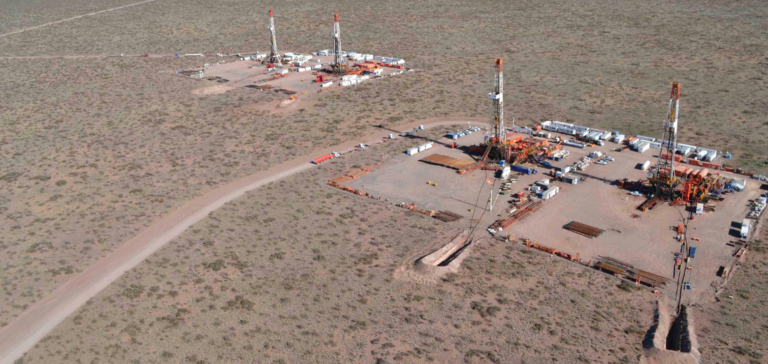Argentina is at a crucial crossroads in its energy policy, facing a $12 billion dilemma linked to state subsidies. These subsidies, which reduce energy bills to less than 15% of the normal rate for two-thirds of consumers, have become a key issue in the presidential election pitting Economy Minister Sergio Massa against libertarian Javier Milei.
Economic and Social Impact of Subsidies
The challenge is enormous. On the one hand, the country is suffering from galloping inflation, estimated to reach 185% by the end of the year, plunging 40% of the population into poverty. On the other hand, Argentina, with a deep fiscal deficit and negative net dollar reserves, must cut spending to put its finances on a sounder footing.
The Challenge of Inflation and Poverty
Energy subsidies, while providing short-term relief, represent a considerable financial burden. In 2022, this aid reached $12.4 billion, with more than $8 billion already spent by September of this year. The financing of these subsidies, often provided by central bank money creation, has ironically fuelled inflation.
Vaca Muerta: An Opportunity with Conditions
In the current electoral context, energy prices have become a hot topic. Massa, a representative of the Peronist current known for its subsidy policies, claims that under Milei, monthly electricity bills could triple. For his part, Milei, known for his willingness to drastically reduce state spending, has proposed cutting all subsidies, but gradually.
The Vaca Muerta region, rich in shale gas, is at the heart of the debate. Both Massa and Milei recognize its potential as an energy exporter. However, the tariff issue remains sensitive in a country where over 40% of the population lives below the poverty line.
Argentina finds itself at a decisive turning point, having to choose between continued energy subsidies and economic rigor, against a backdrop of high inflation and growing poverty. The outcome of the presidential election will determine not only the future of the country’s energy policies, but also its economic course in the years ahead.






















